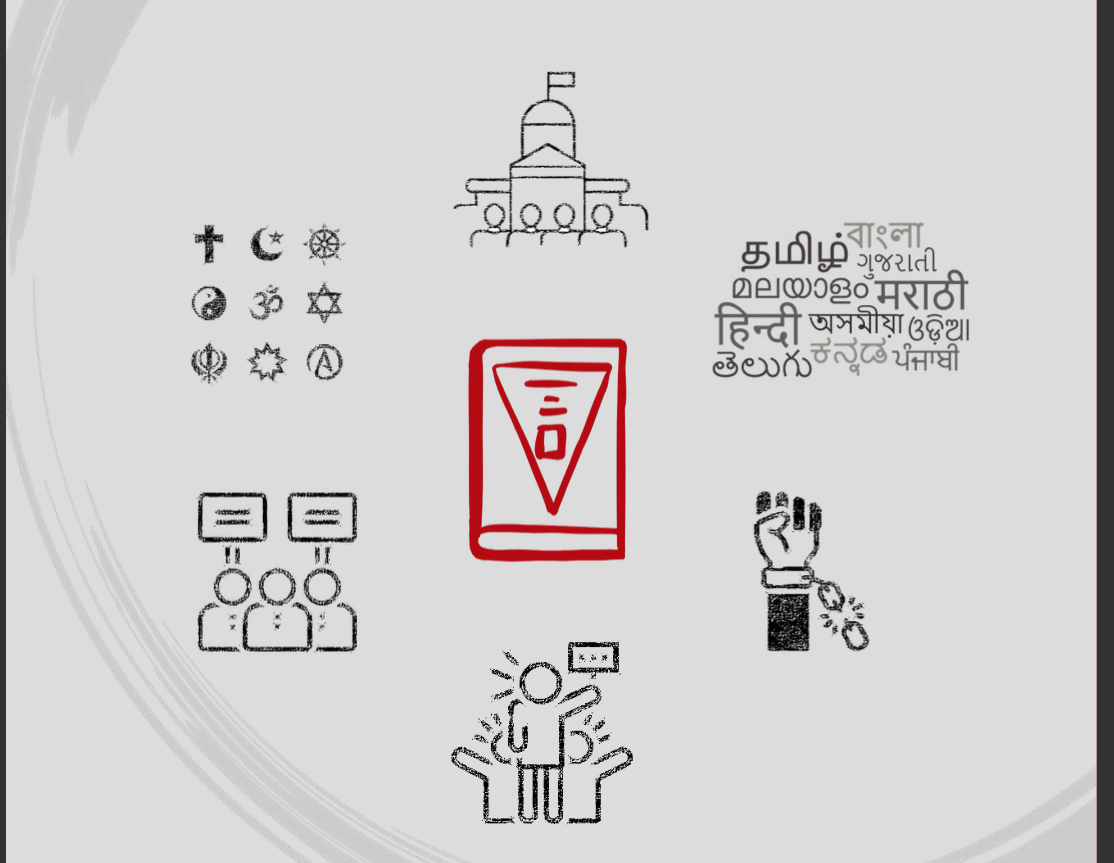
Anatomy of India’s Anti-Defection Law
Changing of party allegiance by elected legislators is a well-known phenomenon in Indian politics. This change of allegiance is termed as “political defection”, and signifies the act of abandoning the party to which a legislator belongs, and on whose candidature, they are elected to either the Parliament of India or a state legislature. In 1985, India enacted a law to curb defections, by inserting the Tenth Schedule, or the anti-defection law, in the Constitution. Under the Tenth Schedule, an elected legislator can be disqualified from the membership of the House (of Parliament or a state legislative assembly) for (a) voluntarily abandoning the membership of the political party to which they originally belong, or (b) voting against the direction of their party in the House. The Tenth Schedule also carried two exemptions – legislators who are part of a group that either “split” from their party, or “merged” with another party could not be disqualified. While the exemption given to splits was deleted in 2003, the one on mergers is still a part of the Tenth Schedule.
As it so happens, the anti-defection law is now infamous for compounding the problem it was intended to solve, and has been unable to curb defections. The law is as much the subject of scrutiny as the act of defection itself. In particular, the exemption given to mergers between political parties has contributed massively in defeating the purpose of this law. While individual defections remain punishable, group defections escape the clutches of the law (because of the protection given to mergers). The perverse impact of the merger exception has become apparent because of several instances where governments have unravelled themselves on account of wholesale floor crossing by legislators. In recent years, democratically elected governments have been brought down in Maharashtra (2022), Madhya Pradesh (2020), Manipur (2020), Arunachal Pradesh (2016), and Karnataka (2019), largely because of orchestrated exits by large groups of legislators.
Since 2022 in particular, political developments in the state of Maharashtra have brought the anti-defection law into sharp focus. Against the backdrop of the political crises that the working of the anti-defection law has been unleashing, this report is an addition to the body of literature which focuses on the deficiencies inflicting India’s anti-defection law. The report charts a brief historical account of what led to the enactment of the Tenth Schedule in 1985. To better understand the implementation of the Tenth Schedule and especially the exemption given to mergers, this report presents the findings of a survey of decisions given by Speakers of the Lok Sabha (1986-2004), and the legislative assemblies of Goa (1990-1998), Haryana (1989-2011), Meghalaya (1988-2009), and Uttar Pradesh (1990-2008), in disqualification petitions filed before them.
The report also delves into how both defections as well as the anti-defection law impact the values which the Constitution of India espouses. The report makes a case for how the working of the anti-defection law offends political party discipline, causes instability in governments, and eventually ridicules democracy. The report also reiterates some older policy recommendations which can, hopefully, make the anti-defection law work.
This report is accompanied by a supplementary document which compiles the Speaker decisions which have been surveyed by the authors. As mentioned above, the decisions surveyed belong to the Lok Sabha, and the legislative assemblies of Goa, Haryana, Meghalaya, and Uttar Pradesh. This compilation can be accessed here.




